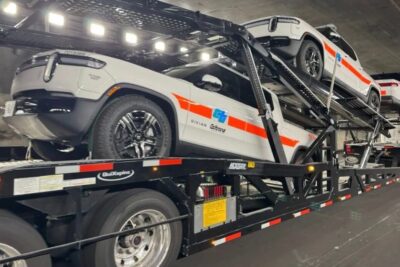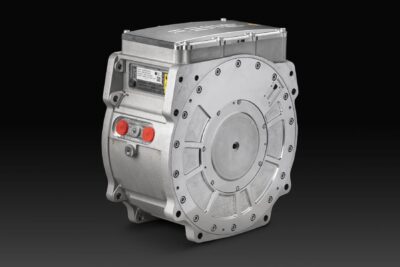Nigeria is getting serious about electrification
The bill, which is titled ‘Electric Vehicle Transition and Green Mobility Bill, 2025’, and was proposed by Senator Orji Uzor Kalu of Abia North, promotes local production of electric vehicles, job creation and mandates a nationwide charging infrastructure. Additionally, it imposes strict requirements on foreign car manufacturers, offers tax incentives and creates a coordinated legal framework involving key ministries. No phase-out dates for combustion models are explicitly mentioned, however.
If adopted, the bill is to provide a variety of incentives to encourage adoption, including tax holidays, import duty waivers, toll exemptions, and EV subsidies. The charging infrastructure is also considered, and the bill would make it mandatory for every fuel station in the country to install charging points.
The bill also seeks to impact the industry beyond the level of customers and will attempt to build a local EV industry. In order to protect its local industry, any foreign company that wants to do business in Nigeria’s EV sector will be required to partner with licensed local assemblers and set up assembly plants within three years. By 2030, these companies must also source at least 30 per cent of their components locally.
“This bill will help Nigeria move from dependence on fossil fuels toward a cleaner and sustainable energy system,” Kalu said in a speech to the Senate. “It will ensure that our local industries benefit directly from the global electric vehicle market, create jobs, and reduce emissions in our cities.”
Senator Adamu Aliero, who seconded the motion, added: “Cities like Kano and Lagos suffer heavily from carbon emissions. If we adopt electric vehicles, it will significantly reduce pollution, improve public health, and create jobs.”
Nigeria has been slowly working towards transport electrification for some time, for example, announcing in 2023 that it was planning to introduce 12,000 electric buses on the road over a seven-year period. Earlier this year, Lagos State–backed EV-hailing service LagRide stated that it is now targeting at least 70% of the Lagos EV-hailing market, following the expansion of its fleet by 100 new electric vehicles. A local manufacturer is also already active, with Spiro, which manufactures and sells electric motorcycles.





0 Comments